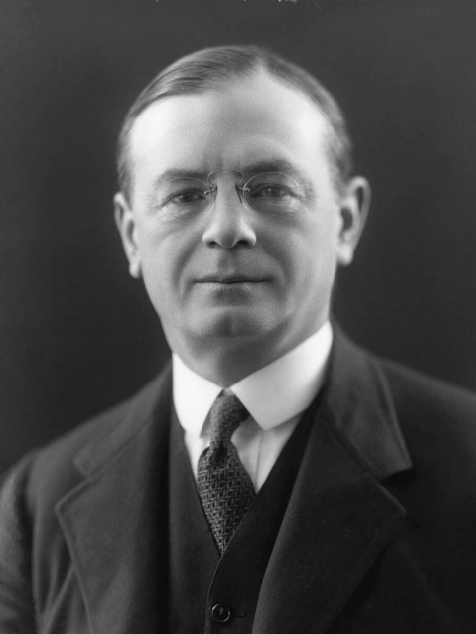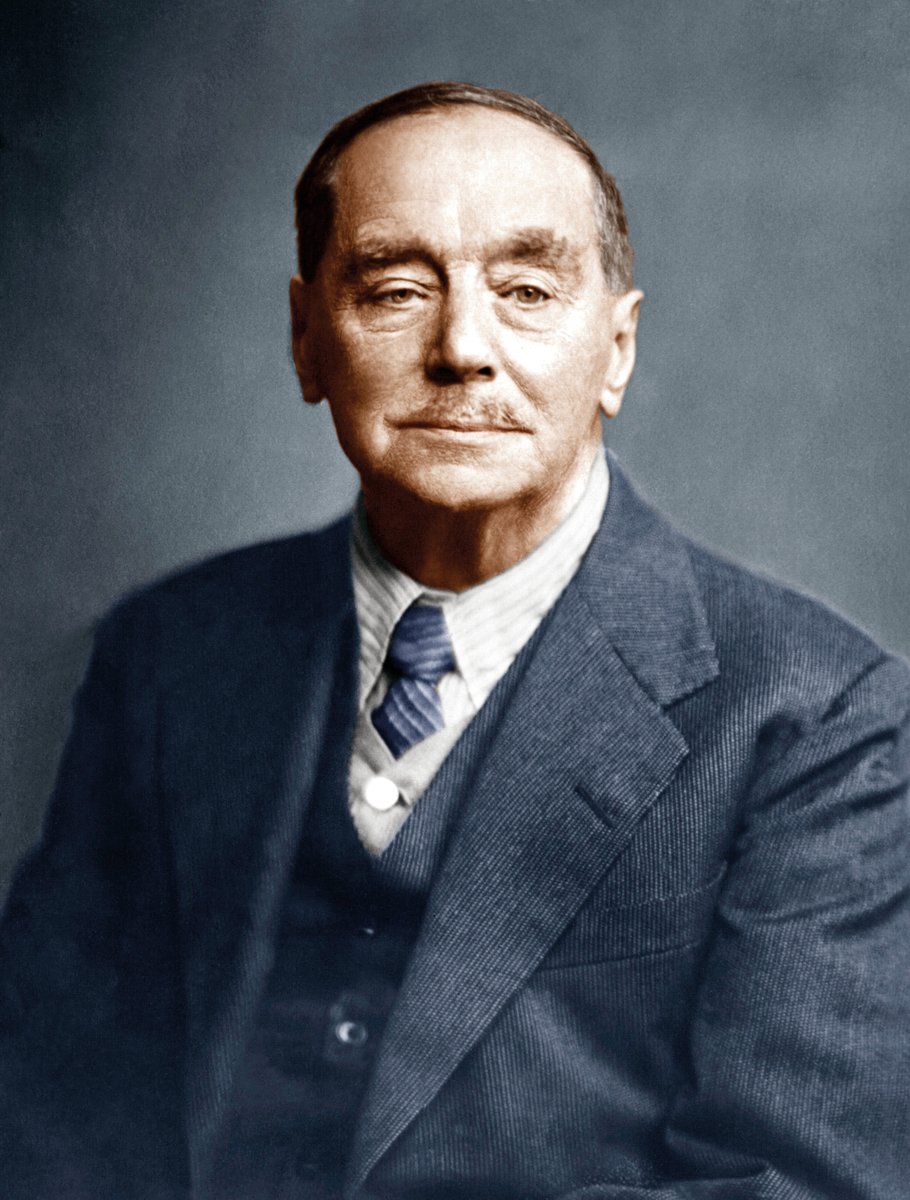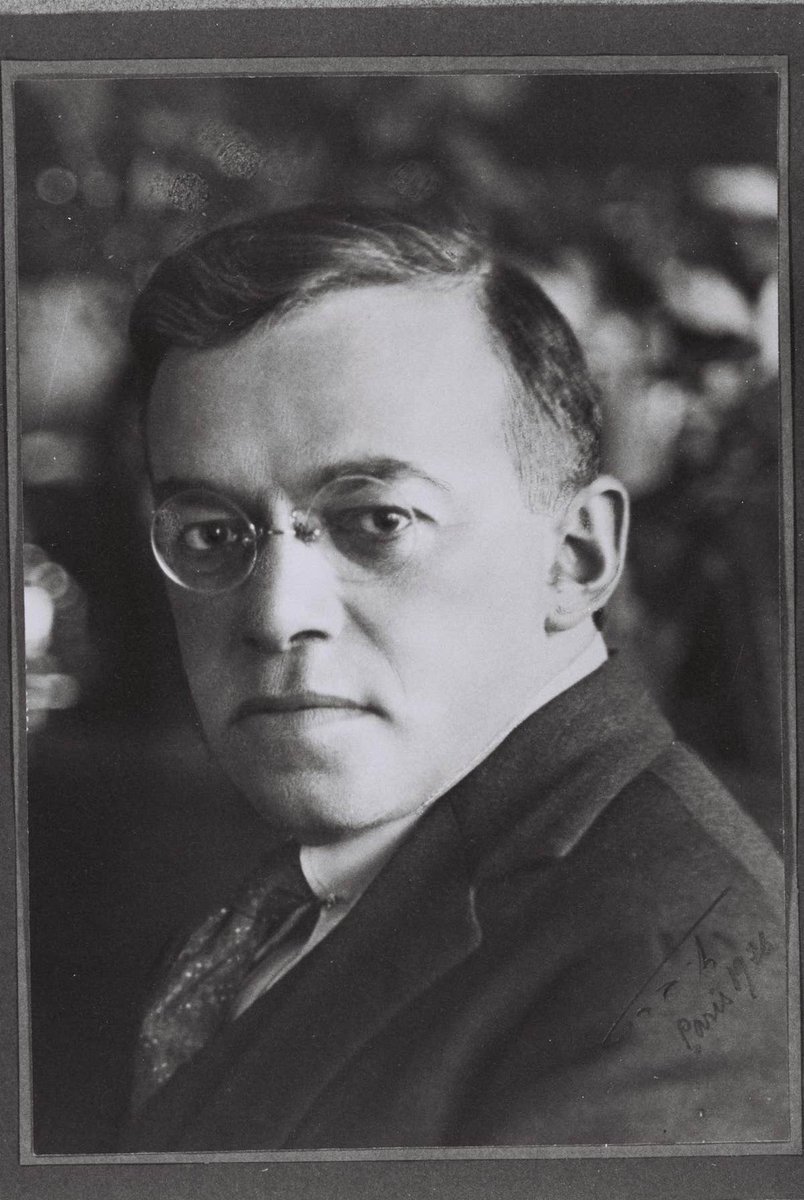The armed conflict in Israel today, which threatens to become World War III, is the continuation of almost a century of British-staged armed conflict between Arab and Jew that dates back to the Nebi Musa riots of 1920.




Jabotinsky & Chaim Weizmann were both witting champions of the British Empire — instruments of Lord Alfred Milner and Leo Amery — the final authors of the Balfour Declaration, who craftily used them to secure British rule over Palestine as part of the 1916 Sykes-Picot agreements.








The British also created and controlled the leaders of Arab nationalist movements. They owned Haj Amin al-Husseini, a young radical, funded his religious network and social organizations, and created the post of Grand Mufti of Jerusalem for him.




Nebi Musa riots lasted several days. 5 Jews & 4 Arabs were killed, 216 Jews & 23 Arabs were wounded. Jabotinsky & Husseini were made public heroes by their British controllers. The die was cast, but the stage for the conflict had already been set decades before.




#Palestine had been a necessary imperial target of acquisition for consolidation of the Empire for more than half a century before Sykes-Picot agreements, dating back to the 1830s and the efforts of Lord Shaftsbury and Lord Palmerston, master of cultural and political warfare.




Shaftsbury was a Christian Zionist & British Israelite, who believed that Jews must return to Zion before there could be the second coming of Christ. He opposed Jewish civil emancipation in England, was anti-Semitic but believed it was Britain’s destiny to establish Zion.
Palmerston offered Sultan of Turkey British help in putting down an 1838 Arab revolt in Greater Syria. In return, Britain was given the right to establish a vice-consulate in Jerusalem — beachhead for the Empire. British decided to use a fledgling Zionist movement as their proxy.
The opening of the Suez Canal in 1869 massively increased efficiency & shortened time of travel, putting an even higher premium on Britain’s securing a base of operations in Palestine, as a northern defense of the canal. 

One of Britain’s motives in starting WWI was to finally secure Palestine with Sykes-Picot and the breakup of the Ottoman Empire. No longer would the British have to entreat the Turks to accept the Jewish immigrants, which in British eyes were only surrogates for their empire.
Jabotinsky was a wholly owned and created asset of the British Empire, controlled by a political network led by Leo Amery, who became Britain’s most prominent Imperial spokesman and political organizer. Amery’s circle included Cecil Rhodes and Alfred Milner.






Amery’s vision was that of Rhodes. The British plan to dismember the US in Civil War had failed bitterly. Rhodes, a rabid British race imperialist, had amassed his fortune through the exploration and mining of gold in Africa.
https://twitter.com/apocalypseos/status/1302846519142305793
Rhodes wanted the “establishment, promotion & development of a Secret Society, the true aim & object whereof shall be for extension of British rule throughout the world, perfecting of a system of emigration from the UK, and of colonisation by British subjects of all lands...
...and especially the entire continent of Africa, Holy Land, Valley of Euphrates, the whole of South America, Islands of the Pacific not heretofore possessed by Great Britain, seaboard of China & Japan, ultimate recovery of the USA as an integral part of the British Empire.”
Rhodes’ secret society & how it operated are detailed in Carroll Quigley’s Anglo-American Establishment. Quigley describes British power elite at turn of century. They combined press, created political institutions & used financial power to affect policy.
carrollquigley.net/pdf/The_Anglo-…
carrollquigley.net/pdf/The_Anglo-…
Elite consisted of Venetian Cecil family; political & financial trustees of Rhodes’ Trust; various banking institutions + British royal family. Quigley describes a small inner core of collaborators from Britain’s aristocracy and financial elite.
https://twitter.com/apocalypseos/status/1393484496276623364
They had 1 major enemy: American System of Political Economy. It threatened existence of British Empire, which depended on mercantilist system of securing cheap raw materials from colonized, backward parts of world, shipped to England for industrial production and military use.
At the turn of the century, there were two powers in the world that represented the American system: the United States of America, and Germany, which had built its economy on the model of America’s great economist Henry C. Carey.
https://twitter.com/apocalypseos/status/1297280351006388224
Following stipulations of Rhodes’ Will, his collaborators sparked WWI to dismantle a threatening Germany, carve up Europe, secure + expand colonial holdings by acquiring much of Ottoman Empire, giving them its oil holdings + secure Palestine as military buffer to Suez Canal.
In order to accomplish these goals, they also worked non-stop to trap the United States into collaborating with their warring schemes and sought to diminish America’s industrial economy from within.
Lord Milner, British High Commissioner for Africa, had won Boer War, united South Africa as one political entity under British rule giving Britain looting rights for most important raw materials in Africa. He derived much power from these accomplishments.
https://twitter.com/apocalypseos/status/1273430961275801600
At close of Boer War, Milner recruited group from Oxford University to assist him in establishing British rule in Africa. He recruited them to his philosophy and became each and every one’s mentor. Known as Milner’s Kindergarten, they would play a major role in both WWI and WWII.




As WWI approached, Rhodes’ secret society, under Milner went to work. Both Liberal & Conservative, they held in common a rabid racial imperialism. For propaganda purposes, they created RIIA, purchased Times of London, ran crucial press organs to rally public behind their aims. 

To understand today’s Likud + right wing in Israel, one must understand Amery & Milner + their role in shaping British Empire. They used Zionism to secure oilfields of Middle East + defense of Suez Canal. They stated this openly, as did their Christian Zionist supporters.






Leo Amery’s son, Julian, described his father in The Empire at Bay, Notes from the Leo Amery Diaries (1988). British Imperialism “was a civilizing mission to which British peoples could dedicate themselves: one from which they would derive a sense of purpose & source of pride.”




“This concept of Empire was much more than a political programme. It was an ideology that constituted a coherent system of thought to which every issue, political, economic, social, cultural, and even moral could be related. More than that, it was a faith.”
“This faith would sustain [Leo Amery] throughout his entire life.” In LeoAmery’s own words, this faith and concept of Empire, with its responsibility for “civilizing other cultures,” was mandated by God.
Amery is famously quoted as saying: “The Empire is not external to any of the British nation. It is something like the Kingdom of Heaven within ourselves.” 

Amery was recruited by Milner in South Africa while reporting on Boer War & was known as Milner’s mouthpiece. A few years before Cecil Rhodes’ death in 1902, Rhodes discussed with Amery Rhodes Trust & scholarship fund to recruit young men to attend a special program at Oxford.
Scholarships would be awarded to select students from British Dominions, Germany, & the US, with the proportion heavily weighted to US recipients. The overt purpose was to recruit American support for the British Empire. Amery ran Rhodes’ Trust from 1933 until his death in 1955.
While at Oxford, Amery founded a branch of Fabian Society & established a close relationship with the Fabians Sidney and Beatrice Webb. He also came under the hegemony of Joseph Chamberlain, to become the leading spokesman for a tariff policy to secure advancement of the Empire.




In 1902, he and the Webbs founded the Coefficients, a secret dining club of Liberal and Conservative imperialists including:
Bertrand Russell
Halford Mackinder
Sir Clinton Dawkins
Prof. W.A.S. Hewins
Leo Maxse
H.G. Wells



Bertrand Russell
Halford Mackinder
Sir Clinton Dawkins
Prof. W.A.S. Hewins
Leo Maxse
H.G. Wells



Their intent was to create a Brains Trust that would make government policy. Amery’s area of expertise was the military. He presented the reorganization plans for the Army that would allow the British to fight World War I.
“Most of the members, in fact, shocked me profoundly. I remember Amery’s eyes gleaming with blood-lust at the thought of a war with America, in which as he said with exultation, we should have to arm the whole adult male population...” — Bertrand Russell 

In 1910, Amery married Florence Greenwood. Her father emigrated from Wales to Canada, married into family of American colonists who sided with British during Revolution. Her family was fiercely loyal to United Empire Loyalists with almost fanatical reverence for British Crown. 

On June 11, 1916, less than a month after secret Sykes-Picot treaty signed, Milner given full page in NYT to make case that US should partner with British Empire. Milner knew of secret agreements with French to move war to Palestine + carving up Ottoman Empire between the two. 

US had already entered war on side of British & as US would provide margin of victory, it would have major say in settlement of the peace. Milner, the man in pursuit of carrying out Cecil Rhodes’ Last Will and Testament, was about to join a War Cabinet with PM David Lloyd George. 

Secret agreement to move war to eastern front would give Britain control over #Palestine, providing military buffer to #SuezCanal. Palestine would also provide a deepwater port (#Haifa) on Mediterranean for export of oil. Milner needed Americans on his side for plan to succeed. 

“What I especially stand for is closest possible union between States under British Crown... there must never be another serious quarrel between States & England. I believe greatest disaster in human history was split which separated American colonies from home country.” — Milner
“I am sure that those in the United States who are familiar with the facts of British Government in India, would never wish to see that Government replaced by a Government of Junkers. I was ultra-British—an out and out British Imperialist” — Milner
A March 18, 1917 entry in Beatrice Webb’s diary describes Milner’s more private thoughts. Webb’s entry is made at conclusion of briefing she was given by Tom Jones, then acting secretary to Cabinet Committee on Territorial Terms of Peace. Milner was chairman of this committee. 

“There is a vivid movement, guided by Milner & served by Amery, to prepare for another war, to complete the ruin of Germany & domination of British Empire. This gang of Power worshippers are running down Russian revolution & minimising entry of US as one of the belligerents.”
“They are bent on maintaining a ruling caste of a ruling race: they fear & despise democracy. Any aspirations towards self-government among British subjects, who do not already possess it, is sedition to be put down by machine guns and plentiful hangings.”
digital.library.lse.ac.uk/objects/lse:va…

digital.library.lse.ac.uk/objects/lse:va…

Milner’s private papers give credence to this report. After colonizing Southern Africa, he wrote: “I believe in a lot of virtual-self-government in the new Colonies without letting the supreme control out of Imperial hands.” 

Milner: Apostle of Empire: A life of Alfred George, the Right Honourable Viscount Milner of St James’s and Cape Town, KG, GCB, GCMG, 1854-1925
dokumen.pub/milner-apostle…


dokumen.pub/milner-apostle…


Amery’s view was similar: “South Africa must develop as a white man’s country under the guidance of white men, and not as a bastard country like most of South America”
“In five hundred years’ time I expect the South African white man will contain a strong dark blend, and the end of all things may be a brown South African race. There should not be too quick a mixture now or for the next few centuries.” — Amery
Amery’s civil career in Britain’s Imperial Command was illustrious, varied, and colored throughout by sympathy for fascism. He joined Milner as an undersecretary at the War Cabinet, where he first met both Jabotinsky and Weizmann.






When Milner became Secretary of State for Colonies in 1919, Amery was posted as his Under-Secretary. In 1922, he joined Privy Council & was appointed First Lord of Admiralty. In 1925 he was given post of Dominions Secretary in charge of #Palestine Mandate, held until 1929.




As Quigley reports, the policy of the Milner group was to re-arm Germany to go east to destroy Russia. Statements to that effect are included in Amery’s diaries. In August 1935 Amery gave Hitler his advice on how to strengthen the German economy.
herbogeminis.com/IMG/pdf/quigle…

herbogeminis.com/IMG/pdf/quigle…

Amery was an intimate of Reichsbank president & Hitler’s Economics Minister Hjalmar Schacht. Schacht told Lord Lothian that Amery said British were not interested in allowing Germany to have her colonies back, but there was no reason Germany couldn’t go east to build up economy.




• • •
Missing some Tweet in this thread? You can try to
force a refresh




